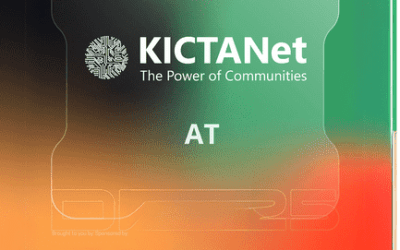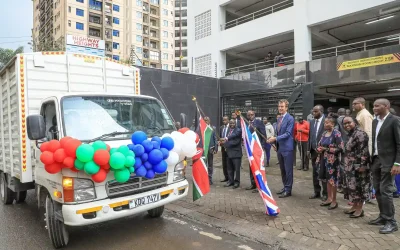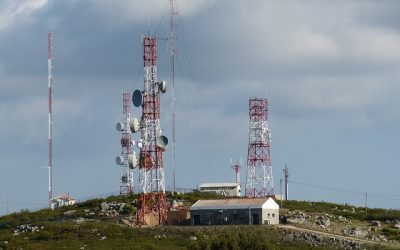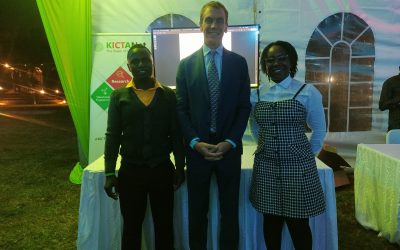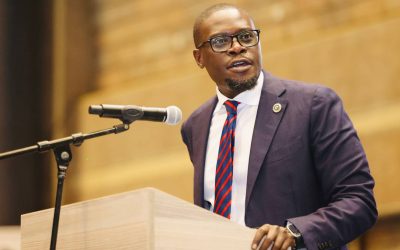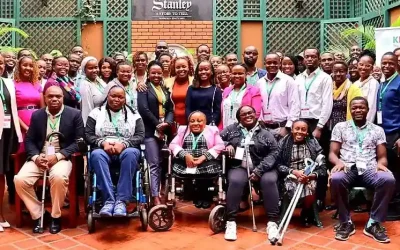Digital Accessibility for Persons with Disabilities – ICT Access and Equality
This is KICTANet’s work on Digital Accessibility for Persons with Disabilities. We are working directly with Persons with Disabilities towards influencing their access to ICTs as well as their lived experiences and their input towards ICT policy.
Some outputs form the program
Program Partners
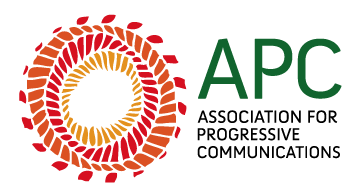
Digital Accessibility
Since 2022, this Digital Accessibility program addresses all accessibility issues for Persons With Disabilities, the aged, and anyone affected by Accessibility challenges.

KICTANet at DRIF25: Advancing Inclusive and Ethical Tech Policies in Africa.
AccessAccessibilityHighlightskictanetkictanet poststakeholder engagement 29 Apr
UK Government, KICTANet Empowers Mandera with 150 Computers for Digital Inclusion
AccessAccessibilityDigital EconomyHighlightskictanet post 30 Jan
![]()

